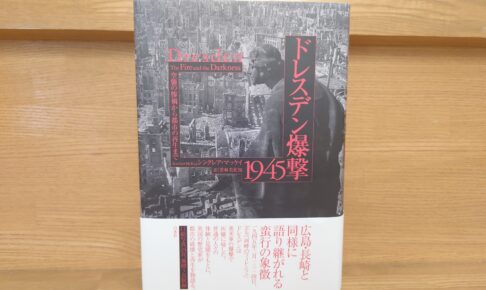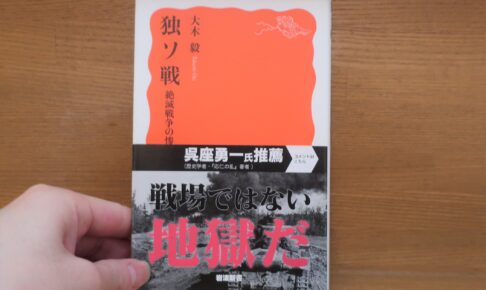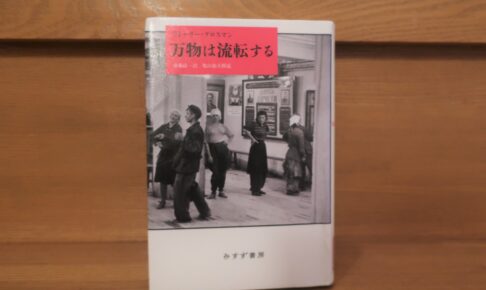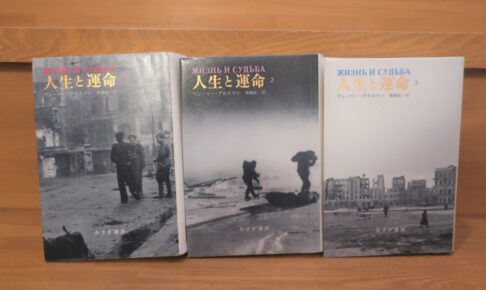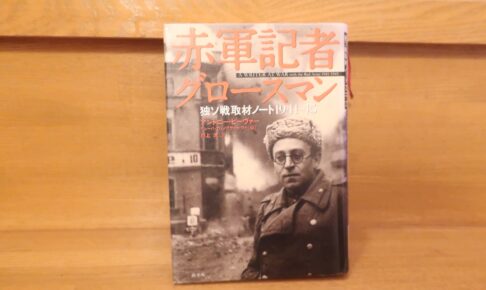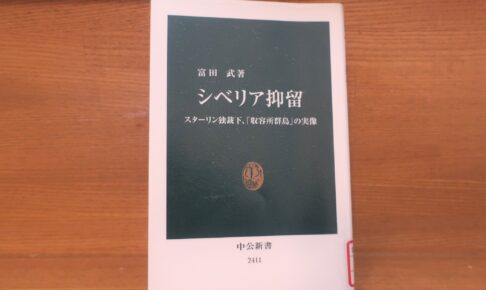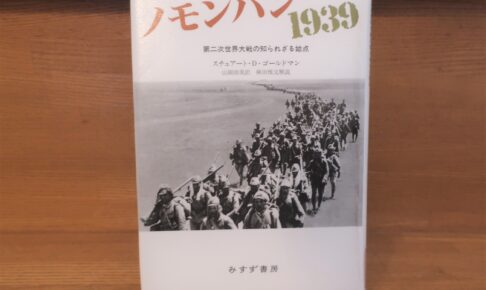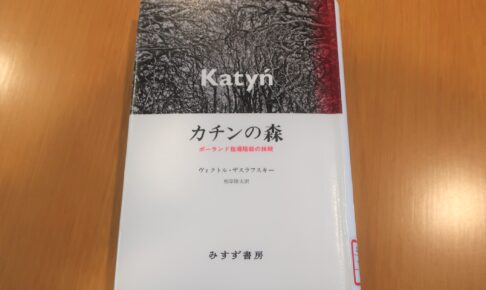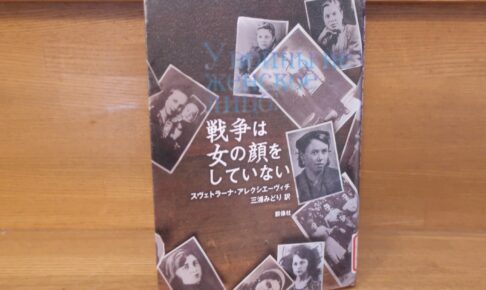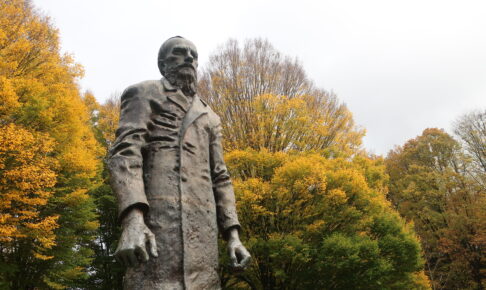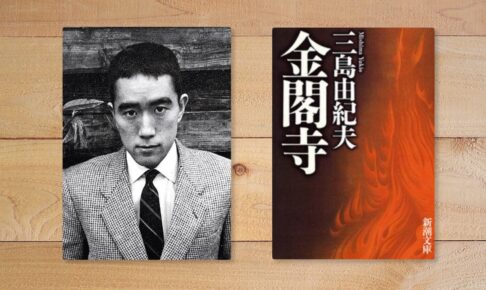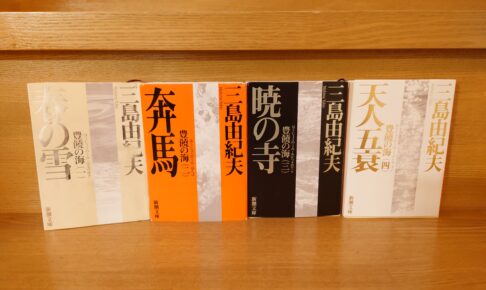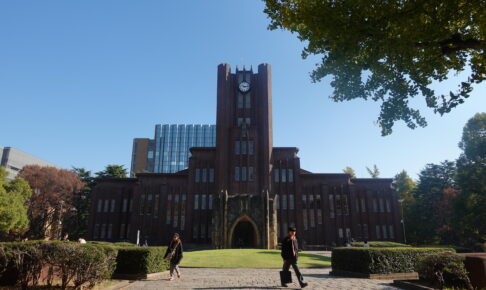S. McKay, "The Bombing of Dresden 1945: From the Tragedy of the Air Raid to the Rebirth of the City" - What a tragic bombing that annihilated a beautiful old German city.
Dresden was billed as the jewel box on the banks of the Elbe. This book tells in detail about the bombing of that ancient city.
The conflict between the British and American leaders, the mental state of the soldiers, and the lives of the people who lived in Dresden before the bombing of Dresden. And the inferno that ensued after the bombing began...
This is a terrific piece of work.
Frankly, I am scared. The more I learn about history, the more I fear. I felt fear again after reading this book about what will happen to the world we live in in the future.
The issues raised in this book may also be important for Japan, which experienced the atomic bombings and air raids.












